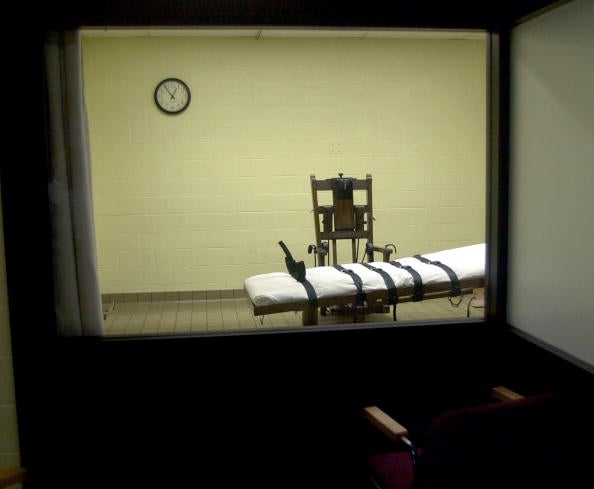University of Warwick law students to fight death row cases in America this summer
Students and new graduates will help 'fill a gap' in America’s legal system due to shortage of funding for defence lawyers

University of Warwick (UoW) students are to travel to the US to provide legal advice and help fight the cases of death row inmates.
As part of the university’s Death Penalty Internship Programme, the ten law students and graduates will undertake a two-month internship over the summer which will see them working on some of the most prominent death row cases in the country.
The aim of the project is to fill a gap in America’s legal system which has been caused by a shortage of funding for defence lawyers in death penalty cases.
To fill this gap, UoW students will see themselves manage case files, contribute to the briefs filed in state and federal courts, interview witnesses and jurors in appeals cases – and even visit prisons, including death row.
Tyson Daniel, an attorney in Virginia, has praised the students’ work in the state and said: “The Warwick interns have been extremely valuable to us here in Virginia and have helped ensure that justice has been present in our cases.”
Emma Harris – a former UoW student who spent over two months working on live cases in Texas when she took part in the project – described how she would travel for four hours to a prison to meet with an “extraordinary” inmate whose case she was working on.
She explained how the inmates were kept in their cells for up to 22 hours each day and, when outside, they wouldn’t come into contact with anybody except for the prison guards.
She added: “In short, the only human contact some of these people will ever again have is with the people who put on and remove their handcuffs.”
Another former student, Jamie Hart, said the six weeks he spent in Texas provided him with an “incredible insight” into the workings of the American justice system.
Like Emma, Jamie, too, visited inmates whose cases he was working on and described his experience with the prisoners as “incredibly sad.”
The inmates told Jaime how they were they were served breakfast between 2-3am, lunch at 9am and dinner at 3-4pm and he added: “Listening to their stories and the way they described the conditions they lived in was extraordinary.”
Dr Alice Panepinto, a research fellow from the university’s Centre for Human Rights in Practice, is spearheading this year’s visit and praised UoW for being the only university in the UK that offers this kind of opportunity for aspiring lawyers.
Highlighting the need for the project, she said: “There’s a real lack of funding for capital defence lawyers in the States, so the project is crucial.”
Join our commenting forum
Join thought-provoking conversations, follow other Independent readers and see their replies
Comments
Bookmark popover
Removed from bookmarks